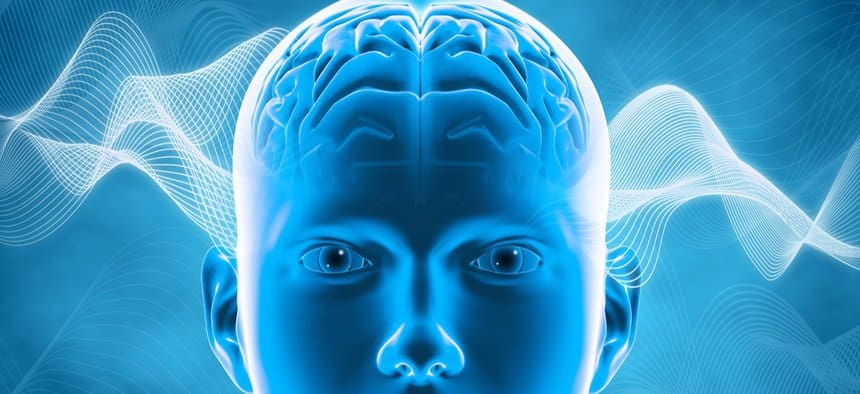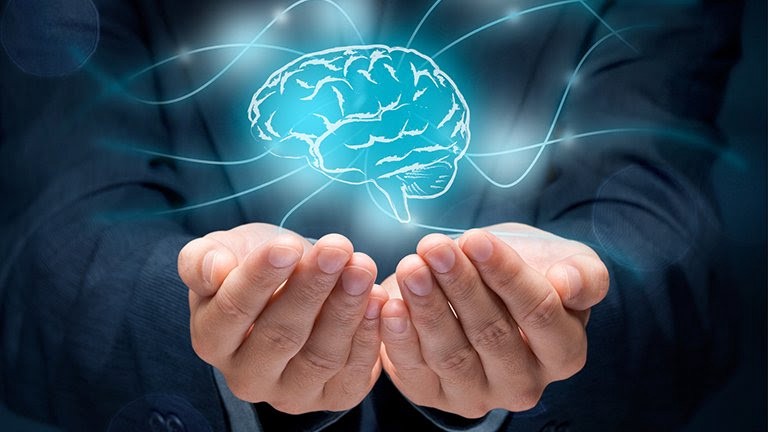Introduction
Embarking on your psychology dissertation? Discover a range of compelling psychology dissertation topics that ignite curiosity and inspire academic excellence. Whether you seek dissertation help, a PhD writing service, or ideas for custom dissertation writing, our expertly curated topics will guide your research journey. Explore current trends—from mental health to decision-making—and make a meaningful contribution to the ever-evolving field of psychology.
List of Psychology Dissertation Topics
False memories
- The formation of false memories: How suggestion and misinformation distort recall accuracy
- False memories and the justice system: Implications for eyewitness testimonies
- The role of imagination inflation in the creation of autobiographical false memories
- False memory susceptibility among individuals with high anxiety levels
- Neurobiological mechanisms underlying the development of false memories
Parental involvement and academic outcomes
- Impact of parental engagement styles on children’s academic achievement in middle school
- Parental education level and its correlation with children’s performance in STEM subjects
- Comparing the academic outcomes of students with single vs. dual parental involvement
- Longitudinal study of parental involvement and academic motivation in adolescence
- Cultural differences in parental involvement and their effects on student success
Effects on cognitive functioning: Sleep deprivation
- Acute vs. chronic sleep deprivation: Comparative impacts on working memory and attention
- The effects of sleep deprivation on decision-making and risk-taking behavior
- Neurocognitive consequences of sleep loss among university students
- Sleep deprivation and its impact on emotional regulation and cognitive flexibility
- Gender differences in cognitive performance under sleep-deprived conditions
Social comparison’s effect on self-esteem
- Social media-induced comparison and its influence on adolescent self-worth
- The moderating role of personality traits in social comparison and self-esteem dynamics
- Impact of upward vs. downward social comparisons on psychological well-being
- Longitudinal effects of chronic social comparison on self-perception in young adults
- Exploring social comparison processes among individuals with low self-esteem
Social media’s impact on interpersonal relationships
- The role of social media in shaping attachment styles and romantic relationships
- Effects of excessive social media use on face-to-face communication quality
- Jealousy, trust, and social media: Psychological challenges in digital-age relationships
- How online validation affects emotional intimacy in personal relationships
- Social media dependency and its impact on offline relationship satisfaction
Social support’s effect on mental health
- The role of perceived social support in managing symptoms of depression and anxiety
- Social support networks as protective factors against PTSD in trauma survivors
- Impact of online vs. offline social support on mental health outcomes
- Social support as a moderator in the relationship between stress and resilience
- Comparing peer and familial support in adolescent mental health recovery
The influence of colour on emotion
- Psychological and emotional responses to warm vs. cool color schemes
- The impact of environmental color on mood regulation in clinical settings
- Cross-cultural perceptions of color and associated emotional interpretations
- Color psychology in marketing: Emotional manipulation and consumer behavior
- How ambient lighting color influences mood and productivity in learning environments
Advertising’s use of social influence tactics
- Analyzing the effectiveness of authority and scarcity in advertising persuasion
- Social proof in advertising: Consumer conformity and brand trust
- The ethical implications of emotional appeals in targeted advertising
- Gender-targeted influence tactics in advertising: A psychological perspective
- Impact of subliminal messaging and social norms on consumer behavior
Attention deficit hyperactivity disorder
- Exploring executive function deficits in children with ADHD
- Comparing the effectiveness of behavioral therapy vs. medication in ADHD treatment
- Impact of ADHD on academic performance and classroom behavior
- Parenting stress and coping strategies in families of children with ADHD
- Comorbidity of ADHD with anxiety and learning disorders: Clinical implications
Bullying affect on primary students
- Long-term psychological outcomes of early childhood bullying experiences
- The role of school environment in moderating bullying-related trauma
- Teacher intervention strategies and their effectiveness in reducing primary school bullying
- Social skills training as a preventative measure for bullying in young children
- The impact of peer victimization on academic engagement and emotional development
Cognitive behavioral therapy
- The efficacy of CBT in treating generalized anxiety disorder: A meta-analysis
- Adaptation of cognitive behavioral therapy for adolescents with depression
- Online vs. face-to-face CBT delivery: Comparative effectiveness and patient adherence
- CBT as a treatment for insomnia: Cognitive restructuring and behavioral strategies
- Role of therapist-client relationship quality in CBT outcomes
Cognitive dissonance
- The role of cognitive dissonance in health behavior change and decision-making
- Impact of dissonance-based interventions on reducing prejudice and bias
- Neural correlates of cognitive dissonance: An fMRI study
- Social media behavior and cognitive dissonance in online identity presentation
- Cognitive dissonance in consumer behavior: Brand loyalty vs. product dissatisfaction
Early adversity and trauma effects
- Neurodevelopmental consequences of childhood trauma: A longitudinal study
- Attachment disruptions and emotional regulation difficulties due to early adversity
- Epigenetic changes associated with early-life stress and trauma exposure
- The impact of early trauma on interpersonal relationships in adulthood
- Effectiveness of trauma-informed care in educational settings for at-risk youth
Eating disorder
- Body image dissatisfaction and its role in the development of eating disorders
- The impact of social media on disordered eating patterns among adolescents
- Comparing cognitive-behavioral and family-based treatments for anorexia nervosa
- The role of perfectionism and self-esteem in bulimia nervosa
- Gender differences in eating disorder prevalence and symptomatology
Factors affecting romantic relationship satisfaction
- The role of communication styles in romantic relationship satisfaction
- Attachment theory and its impact on long-term relationship quality
- Influence of emotional intelligence on conflict resolution in relationships
- Effect of financial stress on romantic relationship stability and satisfaction
- Online dating and perceived authenticity in romantic partnerships
Feedback’s impact on performance and motivation
- The role of constructive feedback in enhancing academic motivation
- Impact of negative vs. positive feedback on self-efficacy and performance
- Timing and frequency of feedback in optimizing learning outcomes
- Student perceptions of instructor feedback and their academic engagement
- Feedback framing and its effect on goal-setting behavior in students
Insomnia and behavioral sleep medicine
- Behavioral interventions for chronic insomnia: Sleep hygiene and stimulus control
- The relationship between insomnia and anxiety: Therapeutic approaches
- Effectiveness of cognitive behavioral therapy for insomnia (CBT-I) in adolescents
- Impact of digital screen exposure on sleep latency and quality
- Sleep restriction therapy vs. pharmacological treatment in managing insomnia
Media violence and children
- Effects of violent video games on children’s aggression levels
- Long-term exposure to television violence and its impact on child behavior
- Media literacy programs as protective measures against media violence effects
- Gender differences in susceptibility to violent media content
- The influence of parental mediation on children’s media consumption habits
Parenting styles
- Authoritative parenting and its positive correlation with adolescent self-esteem
- The impact of authoritarian parenting on children’s academic and emotional outcomes
- Cultural variations in parenting styles and their psychological effects
- Attachment security and parenting style consistency across development
- Influence of parenting styles on children’s coping mechanisms and stress management
Phobias
- Cognitive-behavioral interventions in treating specific phobias: A case-based approach
- The neurobiology of fear response in individuals with phobias
- Virtual reality exposure therapy for the treatment of social phobia
- Childhood experiences and the development of irrational fears and phobias
- Comorbidity of phobias with anxiety and depressive disorders
Play therapy: enhances children’s emotional development
- The role of play therapy in promoting emotional expression among trauma-exposed children
- Play therapy as an intervention for behavioral problems in early childhood
- Parental involvement in play therapy and its effect on therapeutic outcomes
- Comparative analysis of directive and non-directive play therapy approaches
- Impact of play therapy on emotional regulation in children with autism spectrum disorder
Teacher-student relationships and academic achievement
- How positive teacher-student relationships enhance student engagement and learning
- Teacher empathy and its role in fostering academic resilience in low-performing students
- The effect of teacher bias on academic outcomes across diverse classrooms
- Early teacher-student attachment and its influence on lifelong academic attitudes
- Role of teacher support in promoting motivation and academic success in high school students
Working memory’s role in learning
- How working memory capacity predicts reading comprehension and academic performance
- The impact of working memory training on learning disabilities in children
- Link between working memory and mathematical problem-solving abilities
- Effects of working memory overload on task performance and cognitive load
- Neural mechanisms supporting working memory processes in educational contexts




